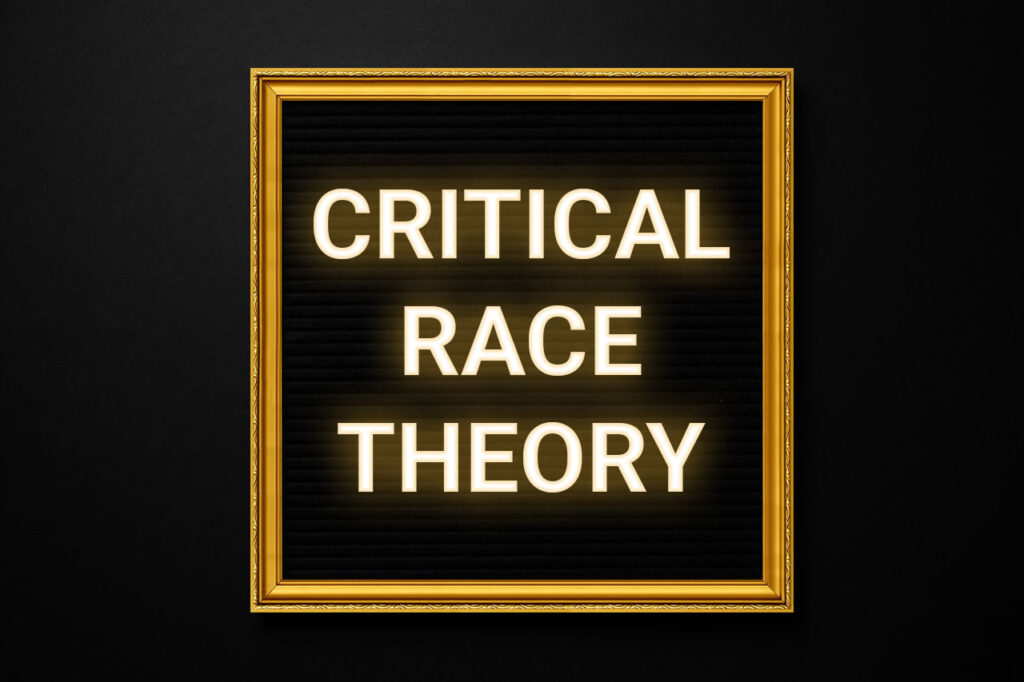Critical Race Theory is defined as an academic concept which is dated to be almost 40 years old. The central idea of the critical race theory is that race is merely a social construct and that racism is not only the opinion of a person but also deeply rooted in the legal system and policies.
Critical Race Theory emerged as a popular concept from the framework for a legal analysis during the late 1970 and early 1980. They were created by legal scholars Derrick Bell, Kimberle Crenshaw, Richard Delgado, and other prominent figures.
Why critical race theory emerged is a question that answers itself. It was bound to arise when numerous sights of racial injustice occurred throughout the years. A good example is the not-so-distant era of the 1930s when government officials drew lines around areas deemed a poor financial risk. Although this may seem cruel, this was often motivated due to the racial composition of an area’s inhabitants. You can see where this is going. Not only that, but most Banks of that era also refused to cooperate or offer mortgages to Black people.
Even today, in our “racially progressive” era, the same pattern of racial injustice and discrimination against certain groups over others can be found through most policies. A good example is the single-family zoning policy that prevents affordable housing in white neighborhoods, forcing the not privileged classes to consider other options. Due to policies like these, racial segregation is still prevalent behind the façade of racial desegregation.
Critical Race Theory also has a connection to other intellectual currents. The currents in question include the works of sociologists and literary theorists who are keen to study links between political power, social organizations, and language. Through their ideas, they have spread awareness to other fields, such as humanities, the social sciences, and teacher education. Understanding critical race theory academic-wise is different from recent representation in recent outstanding books, especially from its portrayal by critics. Critic’s claim that the theory in question leads to negative dynamics and ‘divides people’ into oppressed as well as oppressor groups.
Is the fundamental concept of Critical Race Theory also racist since it claims all white people are racist?
No, the theory in question does not state that only white people are the oppressors. Critical Race Theory says that racism has become a part of our everyday life. Whether we intend to or not to, be it white or non-white, leads us to fuel the racist agenda. Most critics claim that Critical Race Theory proposes discrimination against white people to achieve racial equality for everyone. However, that could not be far from the truth. The actual fundamental cause of Critical Race Theory is emphasizing the outcomes, not an individual’s own beliefs. Critical Race Theory aims to not only call out these outcomes but examine as well as rectify them.
However, the practicality of such measures among lawyers, teachers, the general public, and policymakers is very concerning. Disagreements are bound to happen as they ponder over how to take such steps precisely.
What does Critical Race Theory have to do with K-12 education?
K-12 education consists of policies and practices which contribute to the already prevalent racial inequalities in education. Scholars who study Critical Race Theory who have seen these policies in k-12 education are advocating to change these policies. The topics that the scholars in question have discovered are the persistence of racially segregated schools, the underfunding of a majority of black and Latino school districts. Not only that but the less than ideal disciplining of Black students, barriers to gifted programs, and lastly, selective admission schools combined with a curriculum that supports racist ideas, you can see why change is needed urgently in the k-12 education system.
Critics are afraid to introduce Critical Race Theory, however. Most schools are teaching students ideas like white people being inherently privileged, with the other classes being inherently oppressed and victimized. This gives rise to the notion that the United States was founded on racism and that achieving racial justice would be discriminated against people based on their whiteness. This sparks concern amongst the critics as they fear that most white students will be exposed to self-demoralizing ideas or damaging ideas about their identity.
Why are there proposals to ban Critical Race Theory?
The respective legislation of Idaho, Iowa, Oklahoma, and Tennessee have proposed to outlaw Critical Race Theory. The bills in question are very vaguely written, giving concerns to teachers all across these states. Will discussing prominent events in Black history like the establishment of Jim Crow laws violate such laws? Another valid problem is whether these new bills are constitutional since they restrict the valued free speech.
Concern over whether teaches will self-censor their lessons out of concern for parent or administrator complaints are also scary to imagine. If the bills in question were to take place across all the states, the education of our youth regarding racial equality would be hampered severely. It is essential to shed light on such issues that are more often suppressed from the fear of backlash.

